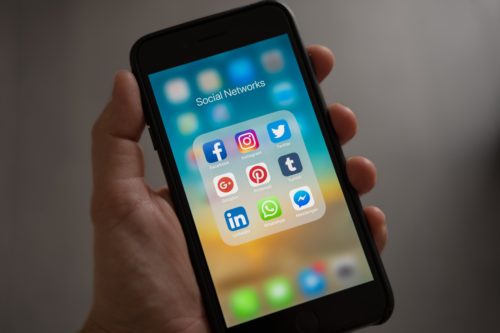
{3 minutes to read} Social media and smartphones are not only being used to share statuses and news with friends, they’re putting helpless loved ones at risk for humiliation, or even worse – abuse.
ProPublica, a public-interest news organization, recently documented dozens of incidents where nursing home staff took inappropriate photos and videos of patients naked, in staged embarrassing poses, and even their being physically assaulted.
ProPublica reviewed government inspection reports, court cases, and media reports of 35 incidents, which occurred in New York, California, Illinois, New Jersey, and many other states. Nearly half of the incidents reported exploit SnapChat – an online video messaging application.
Some nursing homes admitted the abuse and retrained and supervised employees to ban this atrocious conduct. Other facilities downplayed the incidents and denied responsibility.
Nursing home victims of photo internet abuse may not be aware or even able to report it.
When the abuse is reported to government agencies, they have brought criminal charges against the employees for invasion of privacy,and even assault, with mixed success.
New York State has taken a strong stance: It will not tolerate medical professionals abusing and exploiting the trust of nursing home residents by their broadcasting private and sensitive issues on social media. Other states have different policies and approaches to this smartphone bases growing nursing home mistreatment.
A distressed relative of one victim shared many of our concerns, when she said, “We all get old and need assistance. Is this the way we are going to be treated when we go into these establishments?”
How can this abuse be prevented?
Nursing facilities must:
- Immediately implement rules that staff cannot take pictures of patients without the patient’s knowledge and permission;
- Carefully monitor staff to prevent their taking unauthorized or embarrassing videos and photos; and
- Swiftly impose penalties, including dismissal, if smartphone photo abuse is committed
Social media and smartphones give sadistic healthcare workers another means to abuse disabled and incapacitated patients, and a way to conceal their malicious conduct. It’s an issue people should be aware of.
Does your loved one’s facility have a policy in place prohibiting photographs and videos being taken without consent? If you have concerns or questions, please call us at 212-809-4293 or email us at info@KatterLaw.com.
Katter Law Firm
Phone: 844-WAS-HURT
Alt Phone: 212-809-4293
